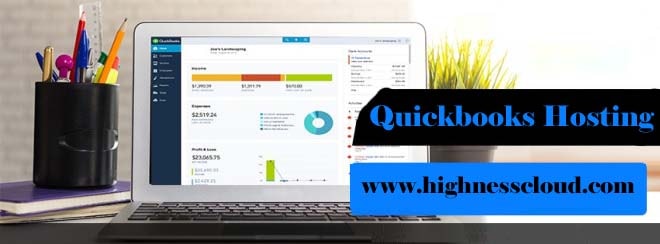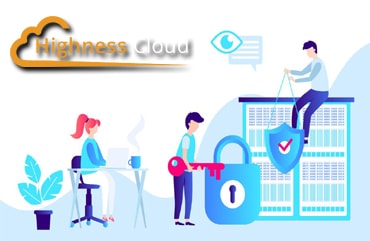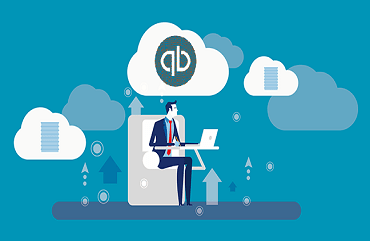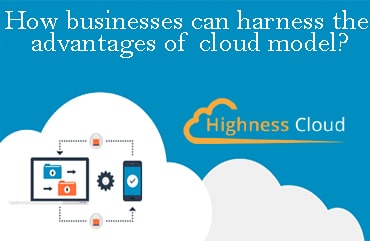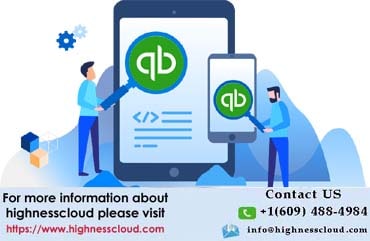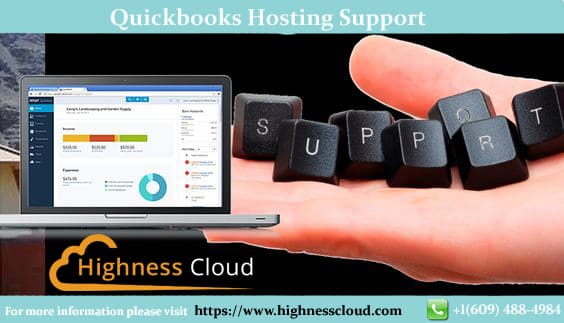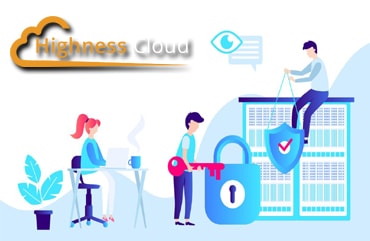A Comprehensive Guide to Cloud Accounting

It doesn’t matter whether you are a technological fiend or not, you must have heard the word ‘cloud’ as it has been on the top of the trending list for a very long time. And even if you don’t fathom cloud, you must have used it at least once since both internet and cloud go abreast. From the very famous Google Drive to even Facebook, you use the cloud in one form or another on an almost daily basis.
Well, the cloud has transformed a long list of processes, operations, and industries around us and the one industry that has been completely transformed with the advent of the cloud is accounting. From accountants to bookkeepers, from small businesses to CPAs, now everyone is using the power of cloud accounting to deal with day-to-day operations with ease, effectiveness, speed, agility, and security.
Many people considered cloud accounting as just another fad but it turned out to be the most revolutionary influx in the accounting industry since accounting software solutions. According to the experts, the cloud accounting market is expected to reach around $4.25 billion by the end of 2023, and by the end of 2020, almost 78% of the small businesses will be relying on cloud technology.
So, let’s delve into the cloud accounting realm and explore all its aspects in the most comprehensive manner.
What is cloud accounting?
Cloud accounting is an internet-based accounting system in which all the accounting tasks like bookkeeping and reconciliation are done through an accounting software that is not installed on your desktop but rather resided in the cloud and is delivered in the form of an as-a-service model. The hosting of the software on the remote server is almost similar to the Software-as-a-Service model.
This means that while using cloud accounting, the user can access his accounting software from anywhere in the world. This simple change in the way accounting software is accessed takes the effectiveness, speed, and agility of accounting software to a whole new level.
By the end of 2019, almost 60% of the companies in the U.S were using cloud for their accounting purposes and this shows that firms haven’t only accepted cloud accounting solutions like QuickBooks hosting with alacrity but they have incorporated it as an inherent process in their firm.
What do you need to use cloud accounting?
An internet-enabled device
When we say internet-enabled device we don’t only confine the definition of this term to laptops or desktops as here, the device also includes your smartphone and tablet. Yes, you read it right. Cloud accounting allows you to bring your accounting software right to your mobile and tablet screen.
A stable internet connection
This is a no-brainer since cloud accounting is based on the internet and your software will be running on a cloud provider’s platform. The internet connection needs to be stable and the speed needs to be decent enough.
A cloud hosting provider
You might have the license copy of the software that you are planning to host on the cloud but you don’t have a cloud server to host it and for that, you need to choose a cloud package from a third-party cloud hosting provider, for example, a QuickBooks cloud hosting provider.
Note: Although there are two other ways of using cloud accounting; in-premise cloud hosting and online cloud accounting (like QuickBooks Online) but the third party cloud hosting is not only the most economical option, it is also the most effective option that resonates with the business architecture of SMBs.
How does cloud accounting work?
To begin on the right foot, you first need to have cloud-compatible accounting software like QuickBooks. The cloud-compatible accounting software is hosted on the cloud server of the third-party cloud hosting provider.
After hosting the accounting software on the cloud server, the user is provided with the credentials and the RDP (Remote Desktop Connection) to access the accounting software on the cloud. The one thing that you have to keep in mind is the UI of the accounting software is going to remain the same even after moving to the cloud.
You don’t have to install the accounting software on every smartphone, tablet, or laptop you will use the cloud accounting on as this makes accessing the accounting software a breeze for the authorized person.
When can a firm reap the perks of cloud accounting?
Plummeting workload by incorporating automation
More than 80% of business leaders agree that automation improves processes and the good news is the cloud accounting ecosystem boosters automation thus, instead of being confined to manual workload, the accountants in your firm can ameliorate the process through automated reconciliation, automated cash collection, automated bookkeeping, and much more.
Delving into the financial insights
When the accountants and bookkeepers are armed with real-time financial reporting and financial intelligence, they are better able to identify patterns, trigger points, and discern what works for the organization from what’s not working. All this helps in making sound decisions for the firm.
Tapping into the trend
Trends like work-from-home are not just another fad as nowadays, more than 82% of employees prefer WFH and therefore you need to hone your skills and operations by revamping your approach. This is where remote accessibility of cloud solutions like QuickBooks hosting can act as a silver bullet.
Keeping the online perpetrators at bay
With more than 300,000 new pieces of malware being forged daily, it has become paramount to safeguard the most valuable asset of the company in the form of financial data, and currently, only cloud accounting solutions like hosted QuickBooks have the capability of keeping the online perpetrators at bay.
Cloud accounting is no more a futuristic technology that businesses need to prepare for as it has now become ubiquitous and businesses are ready to make it an inherent part of the organization. And by the time, the epiphany of ‘how good cloud accounting is for your company’ will start making sense to you, you will already be in over your head. So, step up to the plate and ameliorate the existing accounting structure with the help of cloud accounting.
Related Post
